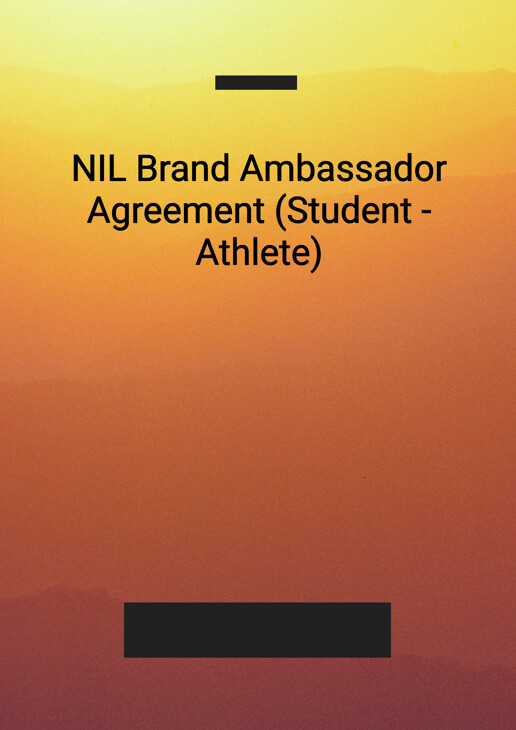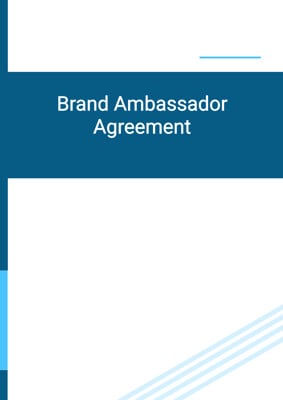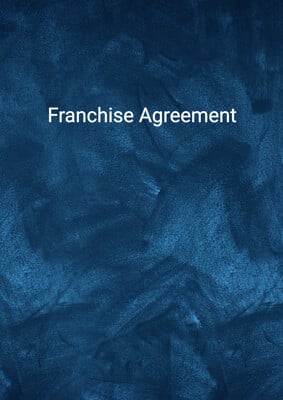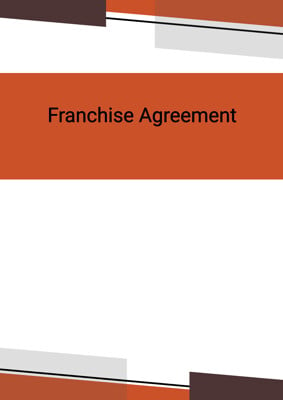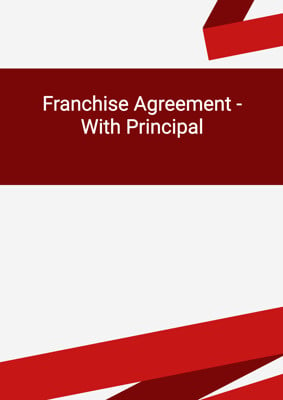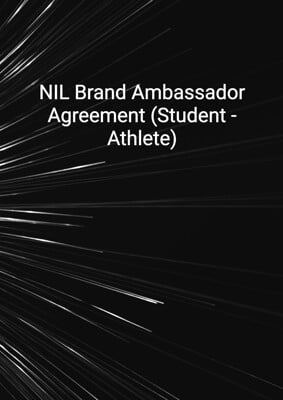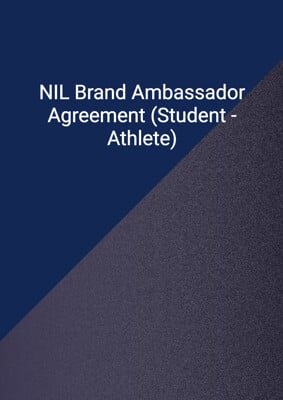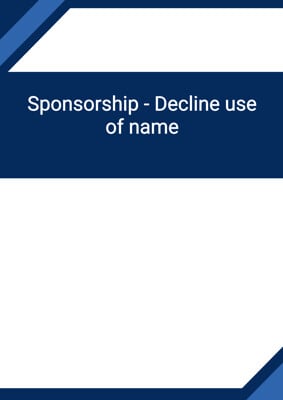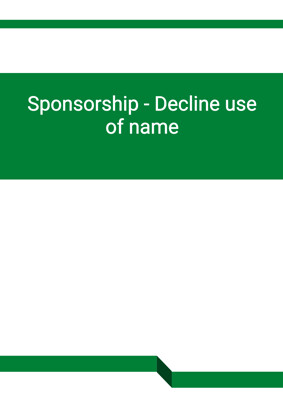How to Tailor the Document for Your Need?
01
Create Document
Fill in the details of the parties. You can click the "Fill with Member’s Information" button to complete it with information saved to your account.
02
Fill Information
Please fill in any additional information by following the step-by-step guide on the left hand side of the preview document and click the "Next" button.
03
Get Document
When you are done, click the "Get Document" button and you can download the document in Word or PDF format.
04
Review Document
Please get all parties to review the document carefully and make any final modifications to ensure that the details are correct before signing the document.
Document Preview
Document Description
The NIL (Name, Image, Likeness) Brand Ambassador agreement tailored for Student Athletes marks a pivotal shift in the landscape of collegiate sports and marketing. This legal document outlines the terms and conditions under which a student athlete collaborates with a brand as its ambassador. It has gained immense importance due to its role in harnessing the marketability of student athletes and enabling them to monetize their personal brand while navigating the NCAA's evolving regulations.
Traditionally, student athletes faced strict restrictions on profiting from their own names, images, and likenesses, but the changing landscape now recognizes their right to capitalize on their personal brand endorsements. This agreement serves as a bridge between student athletes and brands, formalizing the terms of their partnership. It details the scope of the athlete's engagement, including social media posts, appearances, and promotional events. Compensation models, such as flat fees or commission-based structures, are outlined, ensuring transparency and fairness.
This document holds multiple layers of significance. Firstly, it empowers student athletes by providing them with a legitimate pathway to earn income during their college years, which was previously prohibited. This financial support can alleviate the often burdensome cost of education and living expenses. Secondly, it allows brands to tap into the athlete's existing fan base and credibility, enhancing their marketing efforts. The athlete's authenticity and influence can significantly boost a brand's reach and engagement, particularly among the lucrative college demographic.
Furthermore, the NIL Brand Ambassador agreement plays a crucial role in educating student athletes about the business aspect of endorsements. By involving them in negotiations and contractual discussions, it equips them with essential skills for managing their brand partnerships and finances, both during their collegiate careers and beyond. Additionally, this document aligns with the changing perceptions of the value student athletes bring to the world of sports, fostering an environment where their contributions are recognized beyond the field of play.
In conclusion, the NIL Brand Ambassador agreement designed for Student Athletes holds immense importance as it facilitates mutually beneficial partnerships between student athletes and brands. By permitting student athletes to leverage their personal brands and enabling brands to tap into this influential demographic, the agreement transforms the dynamics of collegiate sports and marketing. Beyond financial gains, it empowers athletes with essential life skills and underlines the evolving recognition of their significance in the modern sports industry.
Got Questions? We answer some popular questions about NIL Contracts
1. What is a NIL Contract?
A NIL Contract, short for Name, Image, and Likeness Contract, refers to a legal agreement between an individual athlete and a third party, typically a brand or company. These contracts allow athletes to monetize their personal brand, image, and popularity by endorsing products, participating in promotions, or engaging in other commercial activities.
2. What does NIL stand for?
NIL stands for Name, Image, and Likeness. In the context of athlete contracts, it signifies an individual's right to control and profit from the commercial use of their personal identity, such as their name, image, and other identifiable characteristics.
3. How do you make money with NIL?
Making money with NIL involves athletes leveraging their personal brand for financial gain. This can be achieved through various means, including:
Endorsements: Athletes can enter into contracts with brands to promote their products or services, earning compensation in return.
Social Media Engagement: Leveraging a strong social media presence, athletes can collaborate with brands for sponsored content, reaching their fan base and generating income.
Merchandising: Athletes can create and sell merchandise featuring their name, image, or likeness, providing an additional revenue stream.
Public Appearances: Athletes can be compensated for public appearances, events, or speaking engagements where their presence adds value.
Understanding and strategically utilizing NIL contracts allow athletes to maximize their earning potential while maintaining control over their personal brand.
How to use this document?
To use the NIL Brand Ambassador Agreement, follow these steps:
1. Review the agreement: Read through the entire agreement to understand the terms and conditions.
2. Customize the agreement: Fill in the necessary information, such as the names and addresses of the parties involved.
3. Specify the ambassador's duties: Clearly describe the services the ambassador will provide, including the channels they will use for promotion.
4. Set compensation terms: Determine whether the compensation will be fixed or based on a commission, and specify the amount or percentage.
5. Include restrictions: Outline any activities that the ambassador is prohibited from engaging in without the company's consent.
6. Address termination: Define the circumstances under which either party can terminate the agreement and the obligations of the ambassador upon termination.
7. Protect intellectual property: Clarify that the ambassador does not have ownership rights to the company's intellectual property and must keep it confidential.
8. Seek legal advice: Consult with a lawyer to ensure that the agreement complies with relevant laws and regulations.
9. Sign the agreement: Have both parties sign the agreement to indicate their acceptance and agreement to the terms.
10. Keep a copy: Retain a copy of the signed agreement for future reference and record-keeping purposes.
Not the right document?
Don’t worry, we have thousands of documents for you to choose from:
